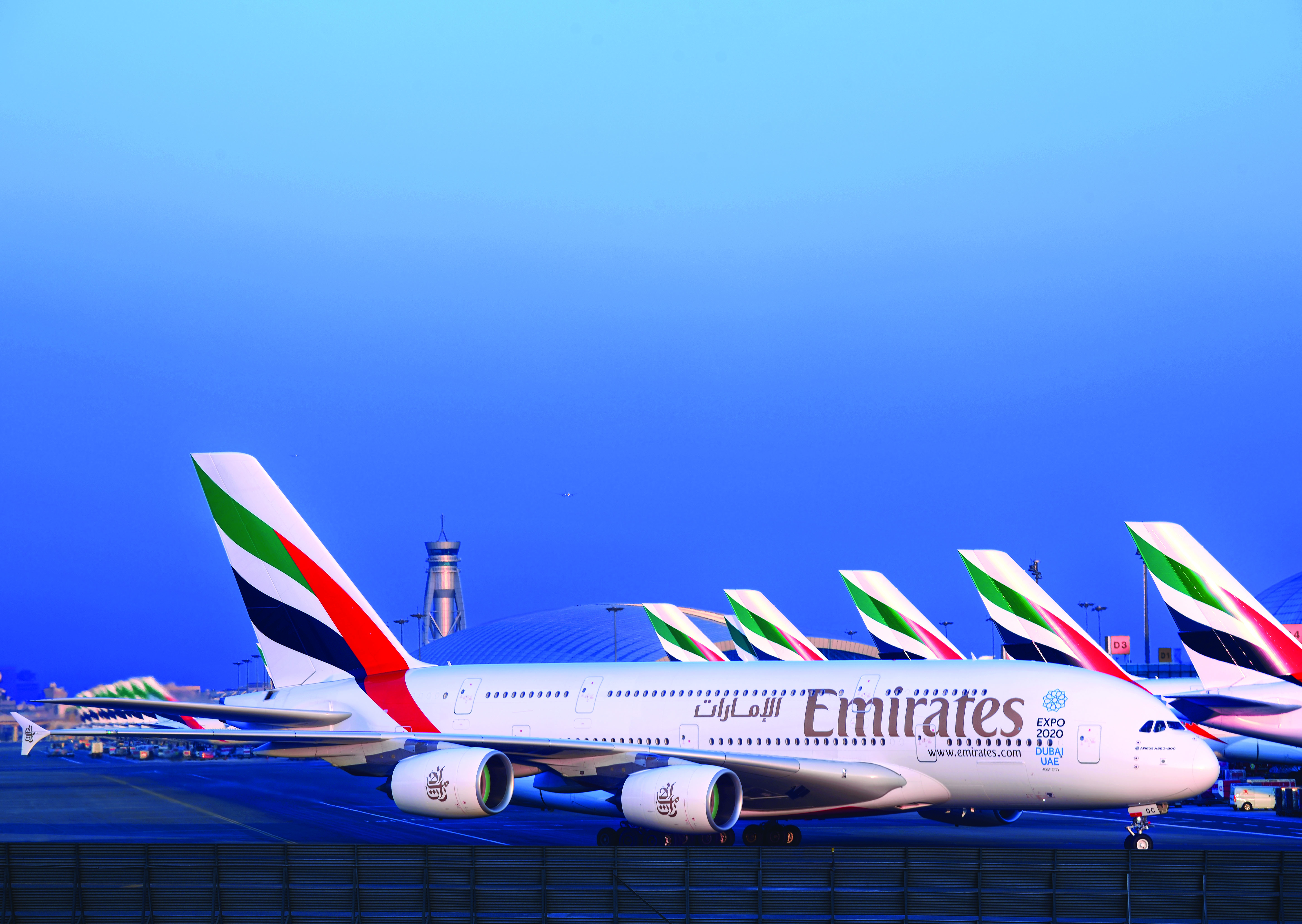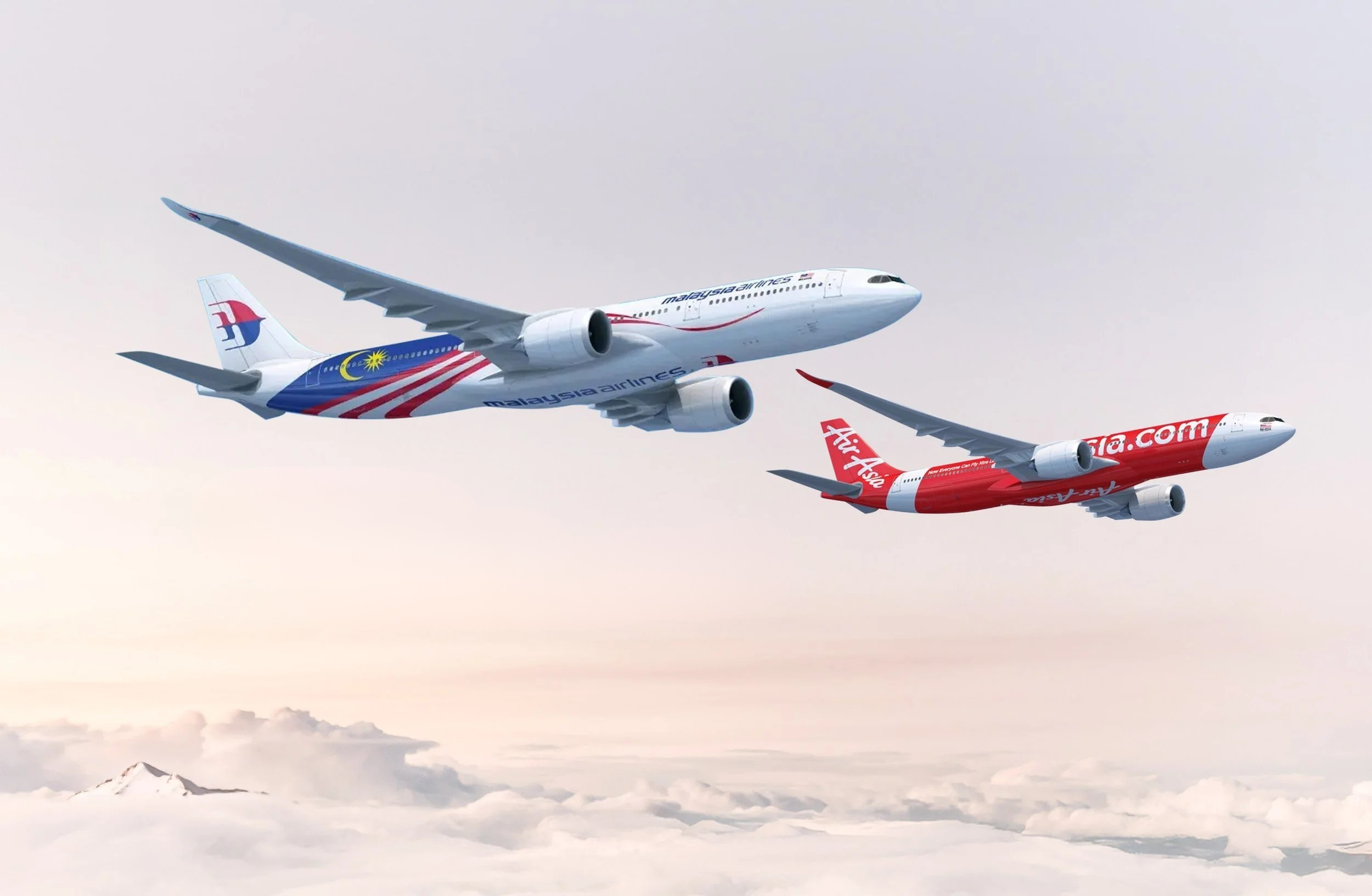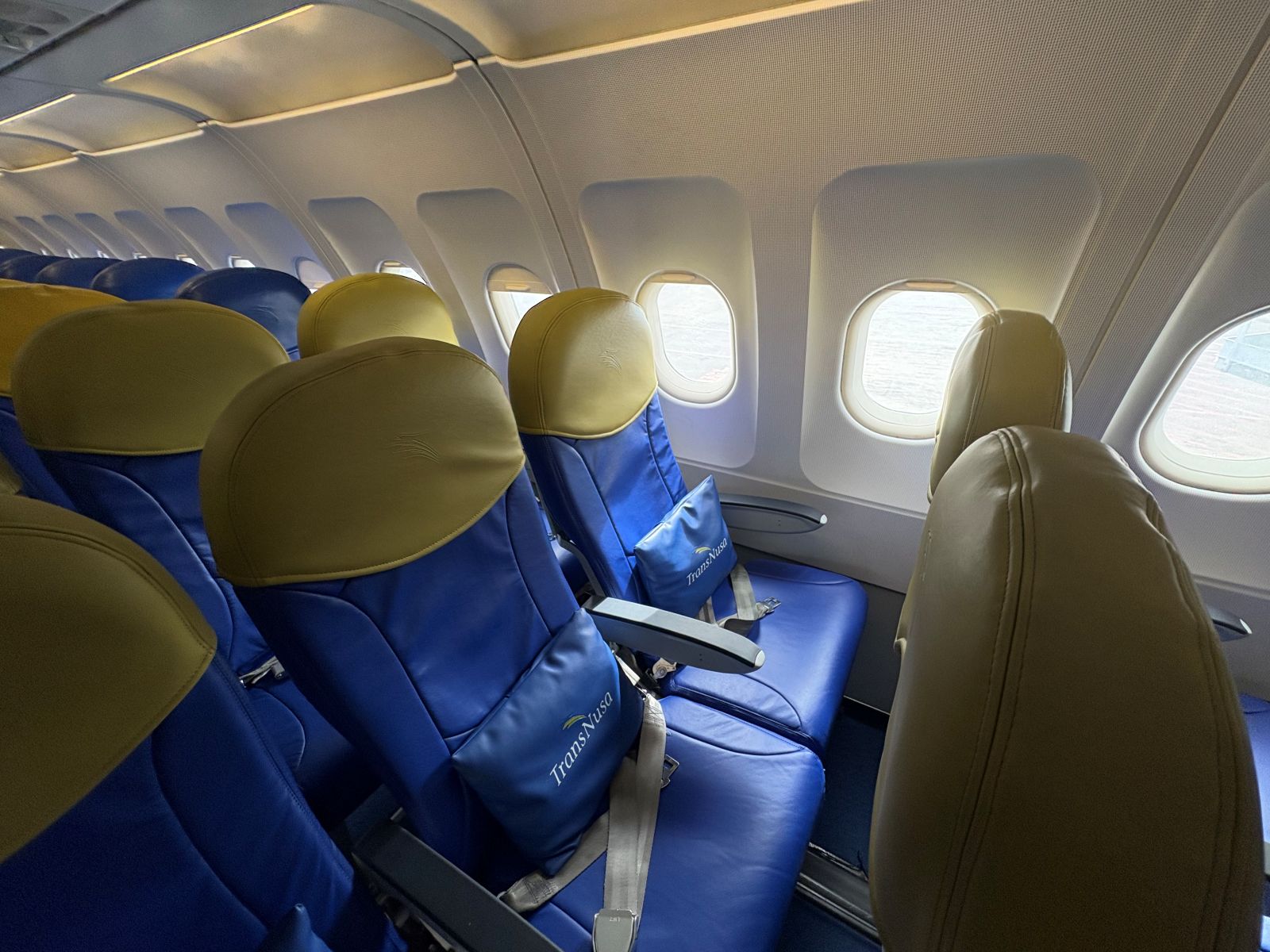Vietnamese low-cost carrier Vietjet has announced a major new order for 100 Airbus A321neo aircraft at the 2025 Le Bourget Paris Airshow, with an option to add another 50 planes in the future. This landmark agreement highlights growing economic cooperation between Vietnam, France, and Europe and marks a significant milestone in Vietjet’s transformation into a multinational aviation group.
This new order follows last month’s commitment to acquire 20 additional Airbus A330-900neo widebody aircraft, doubling Vietjet’s total A330neo order to 40 planes. Together, these investments are poised to dramatically boost Vietjet’s capacity across key Asia-Pacific routes and open new long-haul services to Europe.
Strategic Vision for Growth and Sustainability
Vietjet Chairwoman Nguyen Thi Phuong Thao described the orders as more than commercial contracts: “I have a vision and the determination to make Vietnam a regional aviation hub for passenger transportation, technical services, logistics, training, research, global supply chains, and aviation infrastructure. We will continue to develop a robust and modern fleet to support that goal. The agreement with Airbus is a significant milestone that marks the beginning of Vietjet’s new journey: a journey of global expansion, new growth drivers, enhanced connectivity, and the development of a sustainable aviation ecosystem powered by ambition and transformation.”
Benoît de Saint-Exupéry, Airbus EVP Sales of the Commercial Aircraft business, added, “Together the A321neo and A330neo will be perfect partners for Vietjet to continue to spread its wings, efficiently matching capacity more closely to demand across its network. The airline will also benefit from the high levels of technical commonality unique to latest generation Airbus aircraft.”

Fleet Modernization Meets Environmental Commitment
The A321neo, the largest member of Airbus’s best-selling A320neo Family, delivers unmatched range and efficiency for a single-aisle aircraft. Incorporating new-generation engines and Sharklets, the aircraft offers a 50% reduction in noise and over 20% savings in fuel and CO₂ emissions compared to previous models, while providing passengers with the widest single-aisle cabin in the sky. Like the A330neo, the A321neo is certified to operate with up to 50% Sustainable Aviation Fuel (SAF), with plans to reach 100% SAF capability by 2030.
READ: There’s a New Long-Haul, Low-Cost Player Coming
According to Vietjet’s 2024 ESG Sustainability Report, the airline ranks among the world’s lowest in CO₂ emissions per passenger. Currently, Vietjet operates a fleet of over 120 new-generation, fuel-efficient aircraft, with more than 400 planes on order, as it actively expands its global network and advances fleet modernization through its strategic Airbus partnership.
Challenging the Low-Cost Long-Haul Status Quo
While Vietjet has long operated A330s serving destinations such as Australia, India, and Kazakhstan—offering Low Cost Style Business Class seating and a value-driven product—the latest A330neo order firmly positions the carrier as a serious long-haul contender. The A330neo’s fuel efficiency, long range (up to 13,300 km), and widebody comfort will support expanded service across the Asia-Pacific and future routes to Europe.
Vietjet’s aggressive fleet expansion sends a clear message to established low-cost long-haul rivals like Scoot and AirAsia X. With a current all-Airbus fleet of 115 aircraft, a growing order book that now includes 96 A320neo Family aircraft alongside the 40 A330neos, Vietjet is leveraging scale, efficiency, and rising regional demand to challenge the industry status quo.
Sustainability and Performance in Focus
As the aviation industry moves towards greener travel options, the A330neo and A321neo perfectly align with shifting market expectations. Powered by Rolls-Royce Trent 7000 engines and certified to use up to 50% SAF, the widebody A330neo supports Vietjet’s sustainability goals while delivering superior performance. Airbus targets full SAF capability by 2030, matching Vietjet’s commitment to environmental responsibility.
The combination of capacity, cost-efficiency, and sustainability makes Vietjet a formidable competitor not just regionally, but increasingly on a global scale.
Have questions or want to share your thoughts?


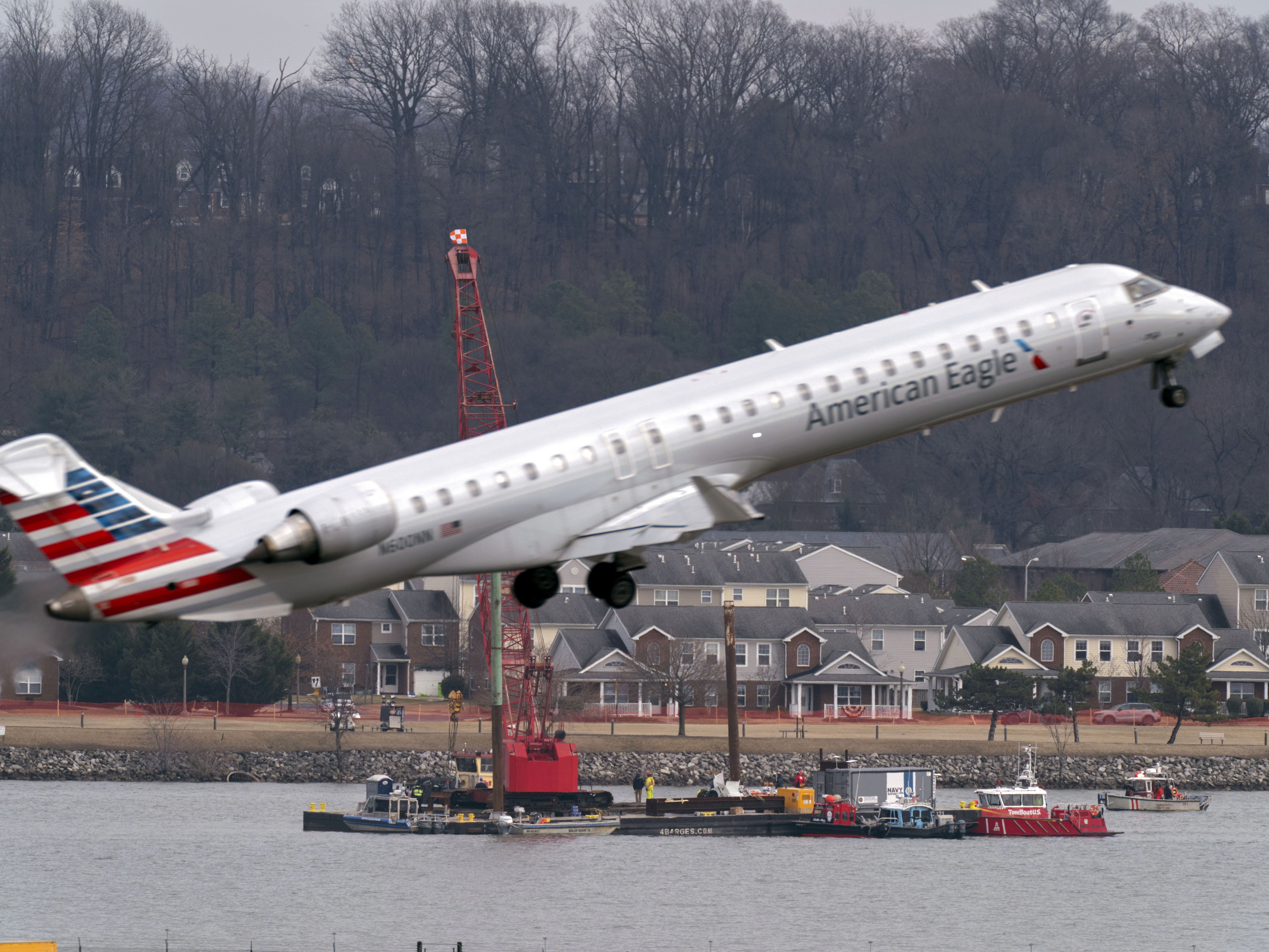
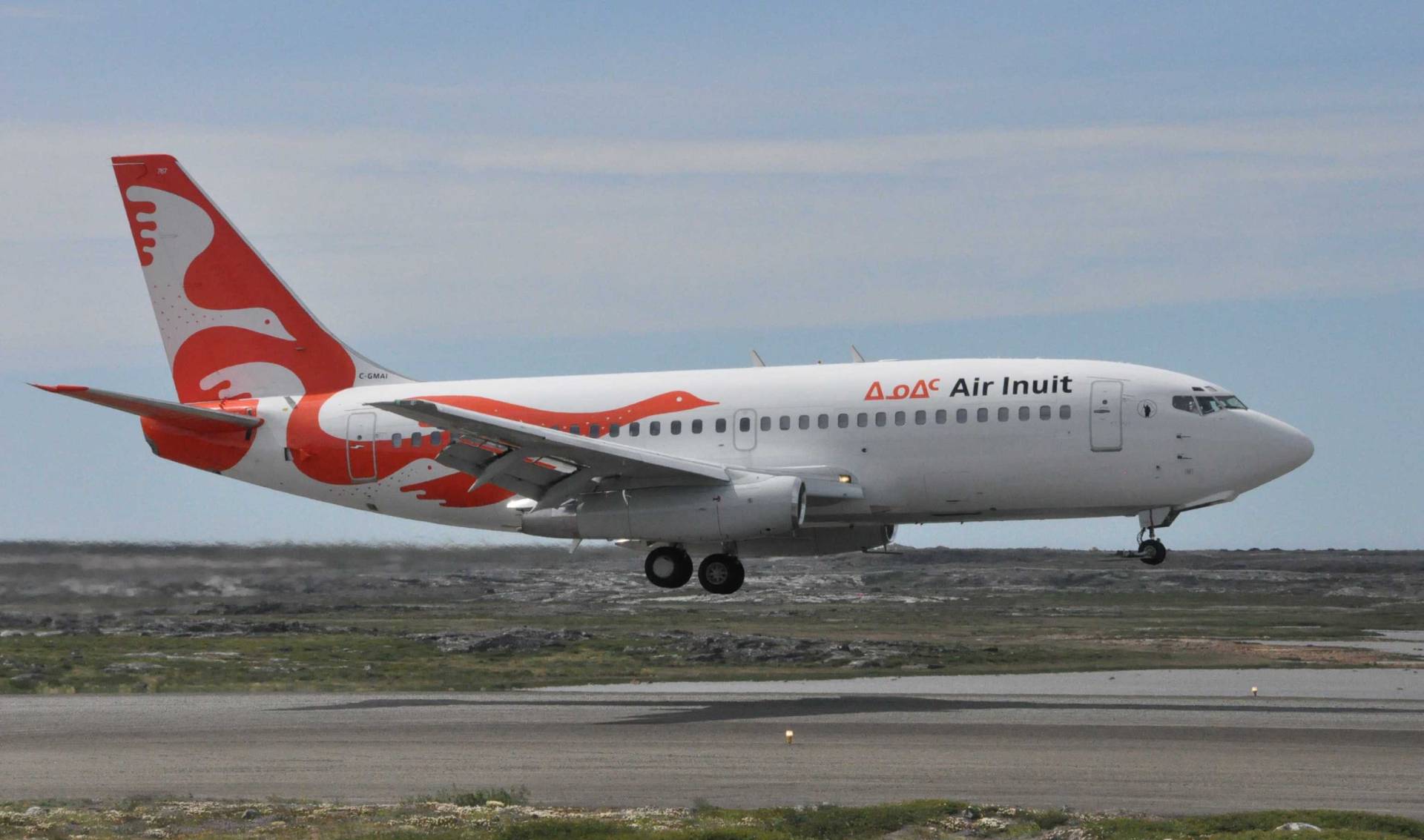
.jpg)
